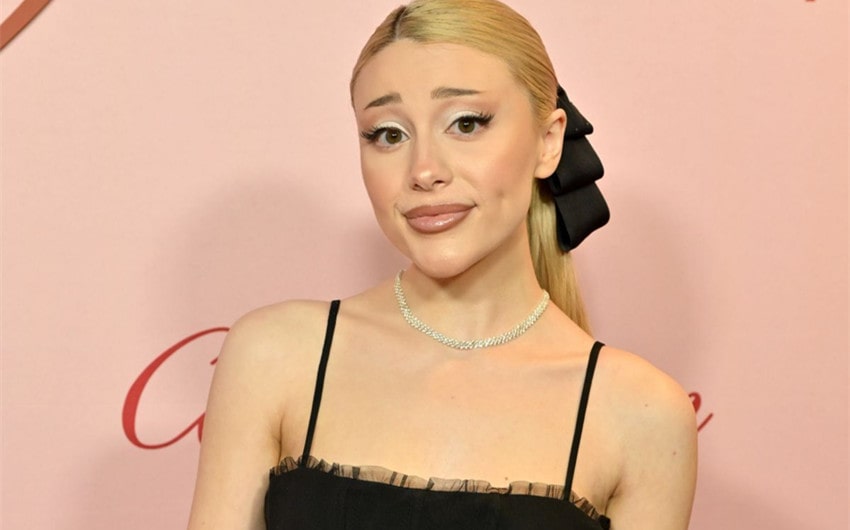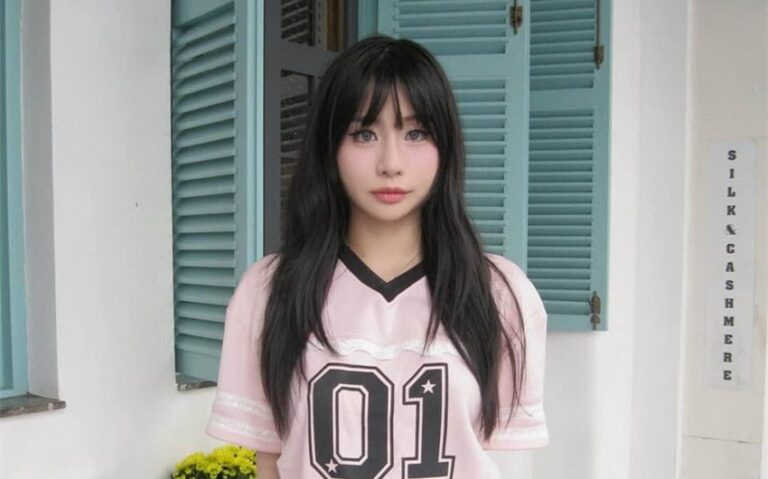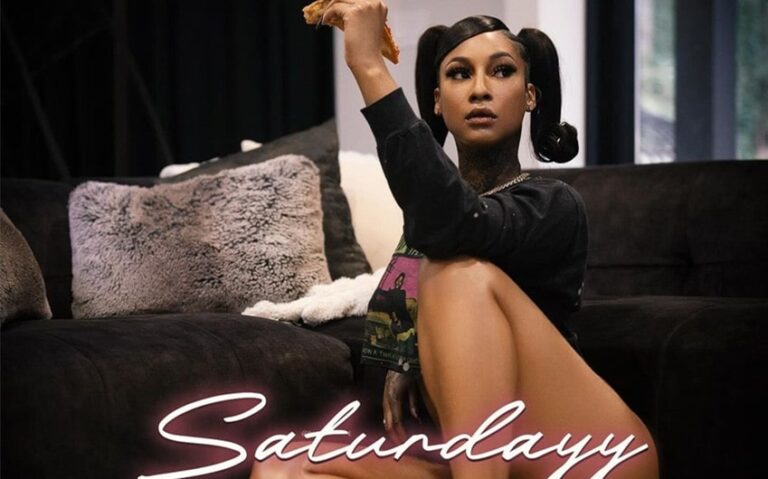Paige Niemann’s OnlyFans and Her Digital Identity as Ariana Grande’s Lookalike
When people bring up Paige Niemann’s OnlyFans, it’s usually in the same breath as Ariana Grande. That’s because Paige first went viral for looking strikingly similar to the pop star, mimicking her style, hair, and even her expressions. But there’s more to her story than cosplay and controversy. Paige has built a huge following on TikTok and Instagram, created a brand around her appearance, and now uses OnlyFans as part of her strategy to connect with fans and earn directly from her content.
Who Is Paige Niemann?
Paige Niemann is a digital creator from California, born in 2004, who skyrocketed to internet fame as a teenager. People noticed her resemblance to Ariana Grande early on, but when she began posting videos around 2017 that leaned into the look, she quickly carved out her niche. With Ariana’s signature ponytail, winged eyeliner, and playful mannerisms, Paige’s transformations often went viral.
By the time TikTok exploded in popularity, Paige was perfectly positioned. Her short-form lip-syncs, dance clips, and “Ariana-inspired” posts drew millions of views. Today, she has more than 10 million followers on TikTok and a strong presence on Instagram, making her one of the most recognizable lookalikes on social media.
While her resemblance to Ariana made her famous, Paige has also tried to show pieces of her own personality—fashion choices that reflect her taste, lifestyle snapshots, and interactions with fans that remind people she isn’t just a clone of a celebrity.
The Rise to Viral Fame
Paige’s viral journey has always been tied to Ariana Grande. She recreated looks from Ariana’s music videos, dressed up as Cat Valentine from Victorious, and even lip-synced audio clips that sounded uncannily close to Ariana herself. This earned her both admiration and criticism.
Many Ariana fans enjoyed the tribute and were stunned by how convincing the resemblance could be. Others were less impressed, accusing Paige of leaning too heavily on another person’s identity. Ariana herself has commented in the past about impersonators, calling some of it “bizarre” when people mimic her too closely. While she hasn’t singled out Paige by name often, the tension between flattery and discomfort has always surrounded Paige’s content.
Still, controversy only made Paige more visible. Every debate about whether her posts were tribute or imitation brought more people to her page, and her follower counts kept climbing.
Paige Niemann’s OnlyFans
In 2022, Paige launched her OnlyFans account, and that move set off another wave of discussion. For some fans, it was exciting—an opportunity to see more exclusive content from someone they’d followed for years. For others, it was controversial. Critics argued that using her resemblance to Ariana Grande in promotional material for an adult-oriented platform blurred the line between tribute and exploitation.
Paige herself has framed her OnlyFans as a way to share content her followers wouldn’t normally see on TikTok or Instagram. Like many creators, she uses the subscription model to give fans a sense of exclusivity. While the exact nature of her content isn’t always clear, what’s certain is that it provides another revenue stream and gives subscribers a feeling of closer access.
The reaction has been mixed but undeniably impactful. The attention around her OnlyFans launch only amplified her visibility and kept her name in headlines. Whether people subscribed out of curiosity, support, or controversy, it became a central part of her brand.
Identity and Authenticity
Paige Niemann’s career raises fascinating questions about identity in the digital age. She became famous by resembling someone else, but she also has to live as her own person. That tension plays out in every platform she uses.
For fans who enjoy her Ariana-inspired content, the lookalike angle is part of the fun. But for others, it creates unease—especially when it crosses into paid or adult content. Paige has said she does it for fun and admiration, not to deceive. But in the world of online fandom, perceptions matter as much as intentions.
What makes Paige’s story so unique is how she navigates that fine line. She has millions of followers because of her resemblance, yet she also tries to remind people she’s more than just “the Ariana girl.” Her success depends on how well she can balance the tribute with her individuality.
Monetization and the Creator Economy
Paige Niemann’s OnlyFans is a case study in how creators monetize fame today. In the past, someone like Paige might have been limited to brand deals, modeling, or influencer campaigns. Now, platforms like OnlyFans let her earn directly from her most dedicated fans.
This model gives creators more independence, but it also brings challenges. The scrutiny is greater, especially for someone whose fame is built on resemblance to a global superstar. Still, Paige has leveraged her notoriety into a sustainable income stream, alongside Instagram sponsorships and TikTok visibility.
Her career reflects the shift in power dynamics online. Creators can now define their careers on their own terms, even if those careers are unconventional or controversial.
Fan Engagement and Community
One reason Paige continues to stay relevant is her connection with fans. She doesn’t just post photos and disappear—she engages, responds, and shares glimpses into her personal life. Fans feel like they’re part of her journey, not just watching from the outside.
On OnlyFans, that connection becomes even more personal. Subscribers don’t just pay for content; they pay for access, for the feeling of being closer to Paige than the average follower. That emotional connection is powerful, and it helps explain why her fanbase continues to support her despite controversies.
The Bigger Picture
Paige Niemann’s journey says a lot about the digital world we live in. Fame can come from resemblance, controversy can fuel growth, and monetization is more direct than ever. Her story shows the blurred lines between tribute and imitation, authenticity and performance, celebrity and creator.
She isn’t Ariana Grande, and she never will be. But by leaning into her resemblance and building a career around it, she’s carved out her own space. For some, that’s brilliant branding; for others, it’s problematic. Either way, it reflects the messy, fascinating reality of modern influencer culture.
Featured Image Source: pinterest.com






